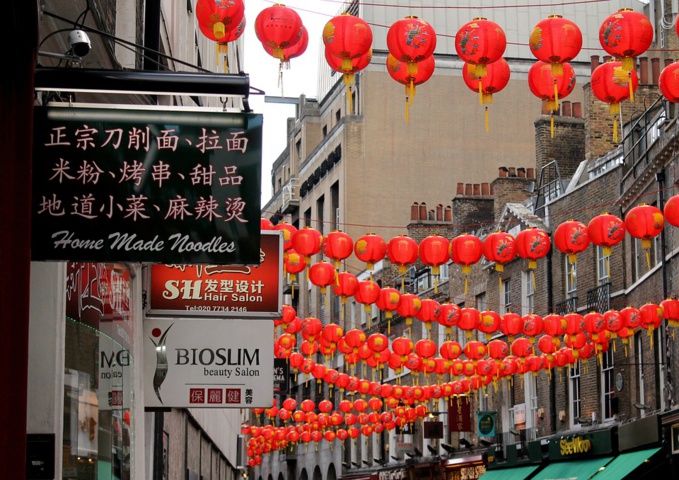The lists of shares included in the indices forms a basis for the world's largest exchange-traded funds, including iShares MSCI Emerging Market ETF and MSCI ACWI Index ETF. In total, indices are taken into account in products for active and passive investing, in which assets with an aggregate value of about $ 10 trillion are invested, of which 2 trillion are invested in developing markets. Hong Kong shares are already included in the index, and the inclusion of shares in mainland China will increase the weight of the country's shares in the index of the developing market from about 26% to 40%.
This will be an important step forward for the Chinese market and will require funds around the world to invest billions in mainland China. However, there is no guarantee that this decision will be made. MSCI has shied away from this step during the past three years, despite the fact that its main competitor, which belongs to the London Stock Exchange, FTSE, has included mainland China's shares in its indices.
Among the problems that prevent MSCI from making a decision are frequent trading stops, concerns about various quotas, including whether the Chinese authorities will limit the amount of investments and withdrawal of funds.
However, the arguments "for" are sounding increasingly louder. The main one is the volume of the mainland China market. The total capitalization of companies whose shares are included in the indices of the Shanghai and Shenzhen Stock Exchanges exceeds $ 6 trillion, that is, about 10% of the world market capitalization. For comparison: the capitalization of the US market is 28 trillion dollars.
Now the most multi-component MSCI index - MSCI All-Country World Index - gives China about 3% weight, although China's actual total weight is closer to 17%. At the same time, the Chinese authorities began to address some of the problems that had troubled the market before.
For example, rules were introduced specifying under what circumstances and how many Chinese companies can stop trading. After the inclusion of shares in mainland China, which will take several years, the weight of the country in the MSCI Emerging Markets index will grow from 26% to 43%. Brendan Ahern, investment director of KraneShares, manages KraneShares MSCI China A Shares fund, said: "It took some time, but now the world agrees with us: China will ultimately become a separate class of assets, and it will be necessary for investors."
source: cnbc.com
This will be an important step forward for the Chinese market and will require funds around the world to invest billions in mainland China. However, there is no guarantee that this decision will be made. MSCI has shied away from this step during the past three years, despite the fact that its main competitor, which belongs to the London Stock Exchange, FTSE, has included mainland China's shares in its indices.
Among the problems that prevent MSCI from making a decision are frequent trading stops, concerns about various quotas, including whether the Chinese authorities will limit the amount of investments and withdrawal of funds.
However, the arguments "for" are sounding increasingly louder. The main one is the volume of the mainland China market. The total capitalization of companies whose shares are included in the indices of the Shanghai and Shenzhen Stock Exchanges exceeds $ 6 trillion, that is, about 10% of the world market capitalization. For comparison: the capitalization of the US market is 28 trillion dollars.
Now the most multi-component MSCI index - MSCI All-Country World Index - gives China about 3% weight, although China's actual total weight is closer to 17%. At the same time, the Chinese authorities began to address some of the problems that had troubled the market before.
For example, rules were introduced specifying under what circumstances and how many Chinese companies can stop trading. After the inclusion of shares in mainland China, which will take several years, the weight of the country in the MSCI Emerging Markets index will grow from 26% to 43%. Brendan Ahern, investment director of KraneShares, manages KraneShares MSCI China A Shares fund, said: "It took some time, but now the world agrees with us: China will ultimately become a separate class of assets, and it will be necessary for investors."
source: cnbc.com



















